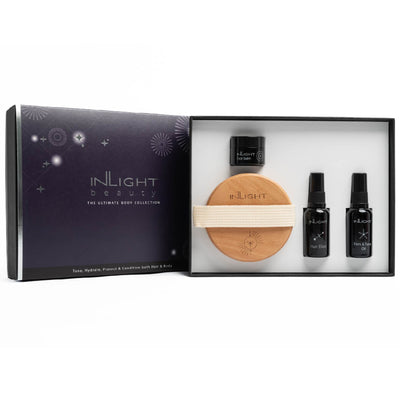Supporting our native bee colonies
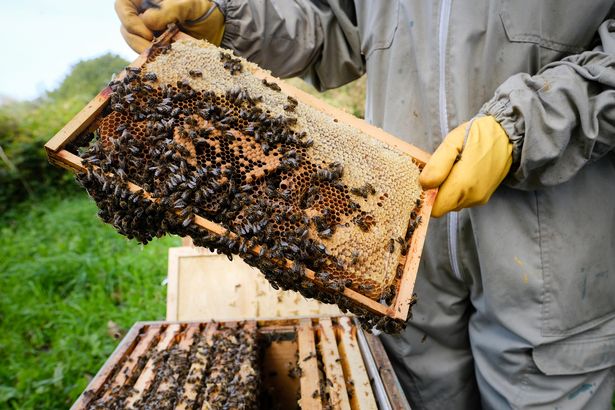
Although small in stature, bees are a huge essential part of our eco-system.
Honey bees are our main pollinators, around 30% of crops we eat and 90% of plants require cross-pollination to thrive.
With the changes in climate and higher pollution rates, bees have been in fast decline. It is now estimated that of the roughly two thousand species of bees in Europe one in ten of those is now endangered.
This has been a great worry and a wake-up call for many – in recent years we have seen an increase in wild flower meadows, both on private and public land with the aim to attract more of these essential insects.
Mindful choices
Inlight’s main ingredients are flowers, plants and roots. These are of course sustainably sourced and organically grown (which in turns assists the bee population) however, we felt we wanted to contribute locally, to our bee colonies.

We are excited to announce our latest contribution to the natural world – purchasing a bee hive with Black's Cornish Bees – a project supporting and protecting the Native Cornish Bees (Apis mellifera mellifera or Amm). Experts were convinced that these bees had become extinct in the 1920s, however around 30 years ago people started finding little pockets of thriving bees around the UK.
Protecting our native species
Bob Black has been running the project for the last 10 years, offering workshops and spreading awareness on the importance of native bees which thrive more than other species in our Cornish climate;
‘Commercial honey producers import thousands of non-native bees every year. The importation of foreign strains has with it pathogens and pests that have helped to devastate the local honey bee population. If we are to maintain genuine biodiversity in the bee population, honey bees that are locally adapted need to proliferate. Beekeepers across the planet can maintain biodiversity by keeping their own stocks in their own native areas. That’s the perfect scenario for maintaining the health of honey bees. Not only are we saving our Cornish bees on a very local basis, we are encouraging beekeepers in Cornwall to take part in our native bee programme.' Explains Bob.

The project hosts 3 apiary sites in West Cornwall, Inlight has contributed to the latest hive at Godolphin House, the first National Trust property in the UK to be named as a ‘natural haven for native bees’ which now hosts around 20 hives each containing 40-50,000 bees.
You can do your bit in helping bee population by:
-Planting your own bee friendly flowers and herbs
-Avoid using chemical pesticides in your garden
-Buying organic and sustainably grown food and plants
-Purchasing honey form local suppliers; Bob explains: ‘Commercial beekeeping can hurt bees, there is little doubt, so smaller localised groups of better informed beekeepers work on a much smaller scale and prioritise conservation, with honey production as by product of good practice’
Beeswax
Although we do not use honey in our ranges, our balms do include certified organic and sustainably sourced beeswax.
Beeswax is a by-product of honey production. Bees produce excess honey in wax honeycombs which can be taken by beekeepers without affecting the colony. Encouraging comb renewal is an important part of colony health. Honey bees prefer to lay their eggs and rear their young in fresh comb. By harvesting excess honey and honeycomb, beekeepers are making space in the hive for this to occur.
This may not be the case for non-certified and commercial beeswax however, so do check your source directly to learn more.
 The Black Bee has thick hair covering its body. It forms smaller, tighter winter clusters than its more southerly or easterly neighbours. It has strong drive to collect pollen-high longevity of the worker bees and queen-excellent flight strength; They have slight evolutionary adaptations which mean that they are naturally better adapted to Cornish Climate.
The Black Bee has thick hair covering its body. It forms smaller, tighter winter clusters than its more southerly or easterly neighbours. It has strong drive to collect pollen-high longevity of the worker bees and queen-excellent flight strength; They have slight evolutionary adaptations which mean that they are naturally better adapted to Cornish Climate.
For more information on how you can help your native bee population, have a look as The Beekeepers Association. There are fabulous programmes, activities & information
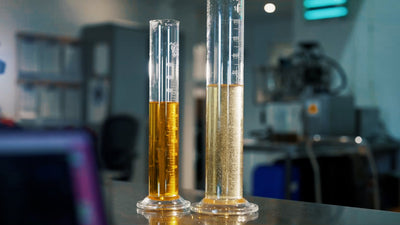

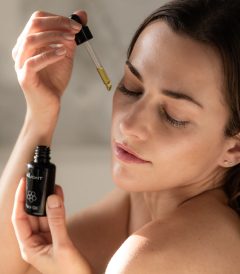

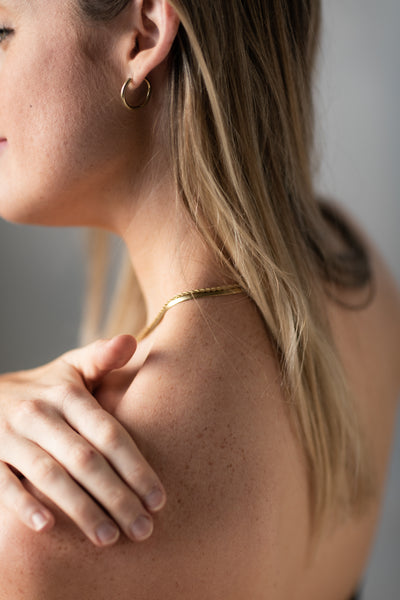
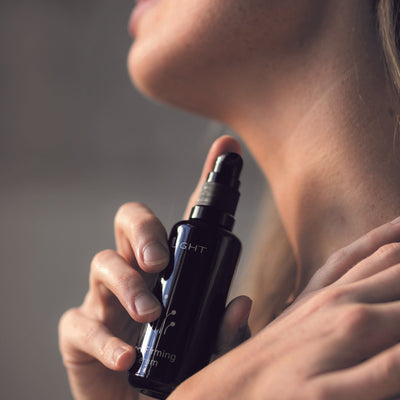
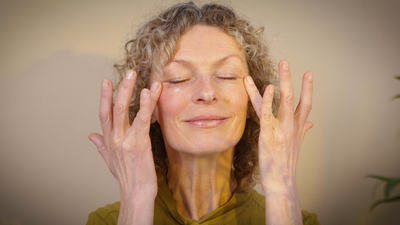
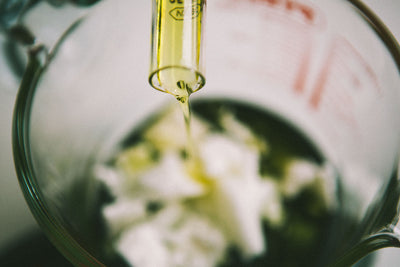












.png?v=1724255750489)







.png?v=1724250433717)




